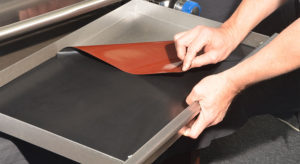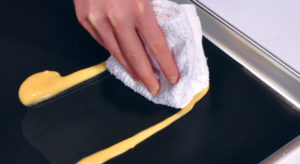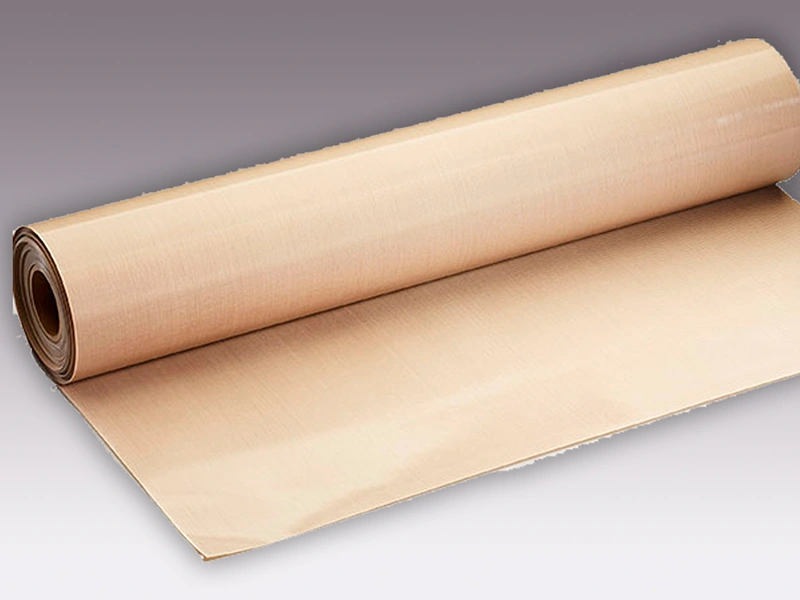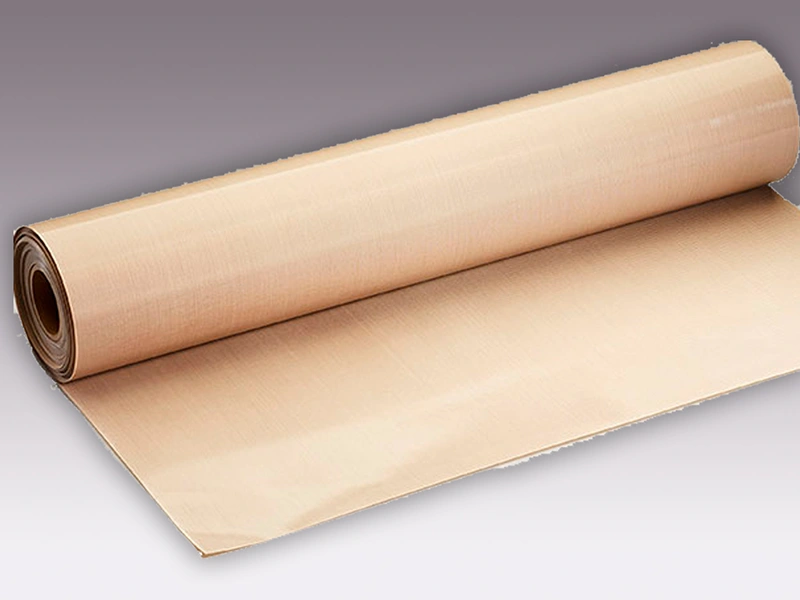Industrial & Manufacturing
Adaptable, durable, efficient.
ideaS BLOG

Get More Out of Your Essentialware PTFE Products
The convenience store landscape is undergoing a dramatic transformation, with enhanced food service now driving 58% of all convenience store spending. As major players like
April 17, 2025
No Comments

Get More Out Of Your Essentialware PTFE Products
Extend the life of your PTFE by following a few well-cultivated product care tips Our customers already know that Essentialware’s PTFE products are a great
May 12, 2021
No Comments

Food Service and Convenience Stores Team Up to Maximize Profitability
Food Service + Convenience Stores = The realization of untapped potential & promise Signal Station Pizza is a converted vintage gas station-turned-pizzeria located in Portland,
March 17, 2023
No Comments
FAQs
What are the advantages of manufacturing and using PTFE?
The core properties of items coated with PTFE are chemical resistance, high release/non-stick, heat resistance and dielectric strength. These properties make PTFE ideal for industrial manufacturing where materials must resist harsh chemicals, prevent adhesion of substances during processing, withstand high temperatures, and provide reliable electrical insulation. In sheet and roll form, PTFE supplies a versatility and quick release that makes it particularly valuable for example, in high-volume food preparation operations.
Which industries use PTFE?
Manufacturing, Aerospace, Commercial Foodservice, Garment Graphics, Packaging, Food Processing and many others. Its widespread adoption across industries demonstrates its versatility and reliability. In commercial foodservice specifically, PTFE has become indispensable for everything from baking sheets to conveyor systems, revolutionizing both preparation and cleaning processes.
What is PTFE not compatible with?
Any application greater than 550°F. While most standard commercial cooking operations rarely exceed this temperature, certain high-heat cooking methods like broiling and grilling can surpass 550°F, causing PTFE coatings to begin decomposing. This decomposition can lead to coating failure and potentially release harmful fumes. When food preparation methods exceed this 550°F limit for PTFE, commercial food service operations should choose alternative materials for these high-temperature applications.

